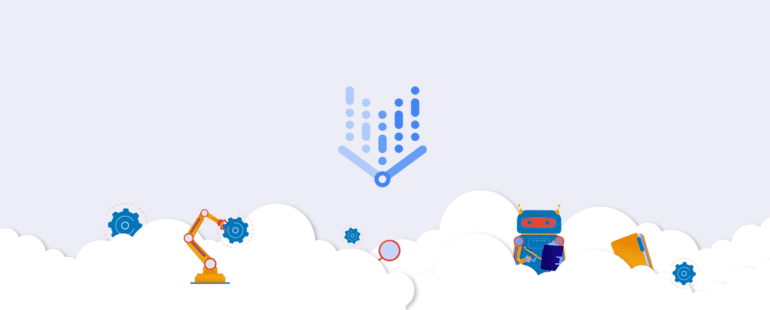TL;DR:
- Google integrates Ray, an open-source compute framework, into Vertex AI for advanced machine learning.
- Sundar Pichai, Google CEO, underscores the commitment to democratizing AI during Google Cloud Next.
- Ray boosts AI and Python workloads, ensuring enterprise-grade security and heightened productivity.
- Seamless integration with Vertex AI products streamlines the adoption of Ray into existing workflows.
- Google’s move empowers data science teams with more choices, enhancing platform appeal.
- Ray on Vertex AI simplifies scaling and optimization of machine and reinforcement learning agents.
- Colab Enterprise, a managed service, combines Colab’s ease with enterprise-level security and compliance.
- Duet AI in BigQuery aids SQL and Python writing, connectors for third-party apps are introduced.
- Vertex AI’s Grounding feature increases confidence in generative AI search and conversation apps.
Main AI News:
In a strategic move aimed at supercharging its machine learning platform, Google has announced the integration of Ray, an open-source unified compute framework, into Vertex AI. This significant development was unveiled at Google Cloud Next, an annual conference showcasing the tech giant’s advancements in cloud-based services.
Sundar Pichai, Google’s CEO, emphasized the company’s commitment to making AI accessible and useful for everyone. He believes this endeavor will be pivotal in achieving their mission in the next decade.
Ray’s addition to Vertex AI is a testament to Google’s dedication to enhancing its AI platform’s capabilities. Ray is tailor-made for scaling AI and Python workloads, offering robust enterprise-grade security and productivity enhancements. Its seamless integration with Vertex AI’s suite of products, including Colab Enterprise, Training, Predictions, and MLOps features, makes adopting Ray within existing workflows a straightforward process.
By introducing Ray support, Google aims to empower data science teams with greater flexibility and options. Vertex AI already supports various open-source frameworks such as Tensorflow, PyTorch, scikit-learn, and XGBoost. With Ray’s inclusion, the platform becomes even more appealing to developers and data scientists.
Matthew Haley, Lead AI Scientist, and Murat Cubuktepe, Senior AI Scientist at Dematic, a materials handling, software, and services firm, highlighted the advantages of Ray on Vertex AI. They noted that it simplifies scaling up the training process and enables the optimization of machine and reinforcement learning agents across a range of warehouse operating conditions.
In addition to Ray support, Google introduced Colab Enterprise, a managed service that seamlessly blends the user-friendliness of Google’s Colab notebooks with enterprise-level security and compliance support. Furthermore, Google unveiled Duet AI in BigQuery, providing contextual assistance for SQL and Python writing. Connectors for third-party applications like Confluence and Salesforce, along with the Grounding feature in Vertex AI, were also announced, all aimed at increasing confidence in generative AI search and conversational applications.
Conclusion:
Google’s integration of Ray into Vertex AI reinforces its commitment to advancing machine learning capabilities. This development empowers businesses by providing them with a powerful tool to efficiently scale AI workloads while maintaining security. The introduction of Colab Enterprise, Duet AI in BigQuery, and other features further enhances the appeal of Google’s AI offerings, making it a valuable resource for organizations seeking to leverage the potential of artificial intelligence in their operations.

